A Lover's Guide to Warangal: The Kridabhiramamu
Synopsis
The Kridabhiramamu of Vinukonda Vallabharaya occupies a unique place in the history of South Indian literature. Composed as a one-act play in Telugu verse in the early fifteenth century, it offers a parodic vision of the Kakatiya capital of Warangal as reimagined by a poet living far to the south, in Mopuru, some hundred years after the destruction of the Kakatiya city by the Tughluks. The poet unfolds a remarkably realistic and highly eroticized panorama of life in the alleys and streets of Warangal as the hero of his text, Govinda Mancana Sarma, moves through the city in search of his former lover. A series of rich lyrical vignettes brings to life images of basket-weavers, peasants, seductive whores and madams, pole-dancers, snake-charmers, folk singers, cock-fights, ram-fights, dice games, and other components of a social universe usually not documented in medieval Indian texts. At the same time, this parodic reality is radically transformed in highly unusual ways. The translators’ introduction analyses this transformation and suggests an interpretation of the text that links it to notions of carnival and ritual inversion, while insisting on the distinctiveness and radical nature of the process embodied here. A new theory of carnival transformations is set forth, partly in relation to the medieval Sanskrit genre of bhana, which offers somewhat similar, though less far-reaching, effects. Since the rediscovery of the Kridabhiramamu at the beginning of the twentieth century, the book has been the subject of intense controversy among Telugu scholars and critics, some of whom attacked it as obscene. The translators discuss this controversy and suggest a new way of closely reading the text in the light of the vibrant literary milieu in which it was composed.
Read more
11.70
10.53
$
13.00 $
Free delivery Wolrdwidе in 10-18 days
Ships in 1-2 days from New Delhi
Membership for 1 Year $35.00
Get it now and save 10%
Get it now and save 10%
BECOME A MEMBER

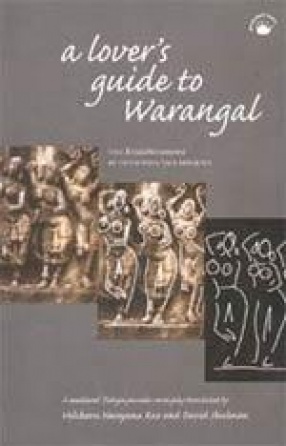
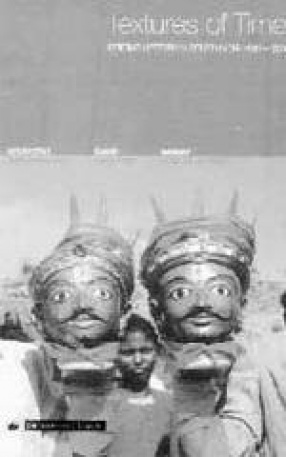
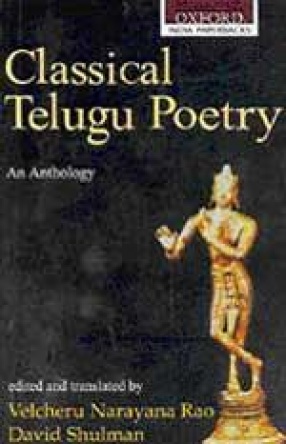

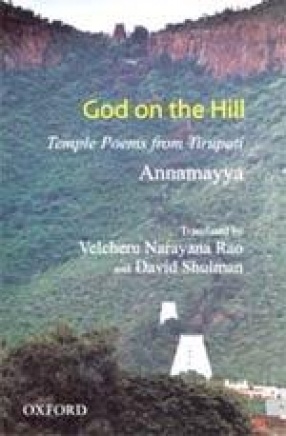

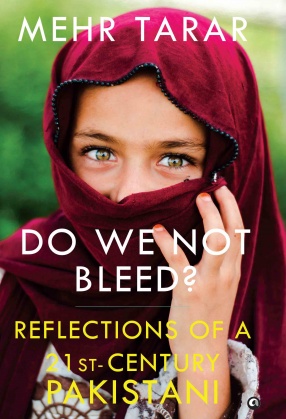
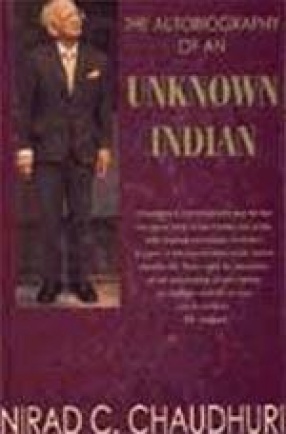
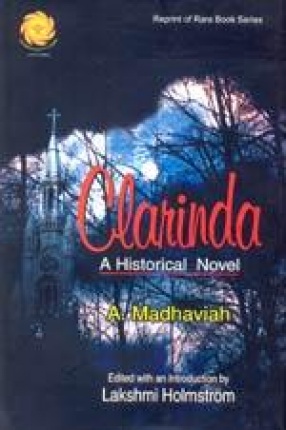

Bibliographic information
David Shulman
Velcheru Narayana Rao